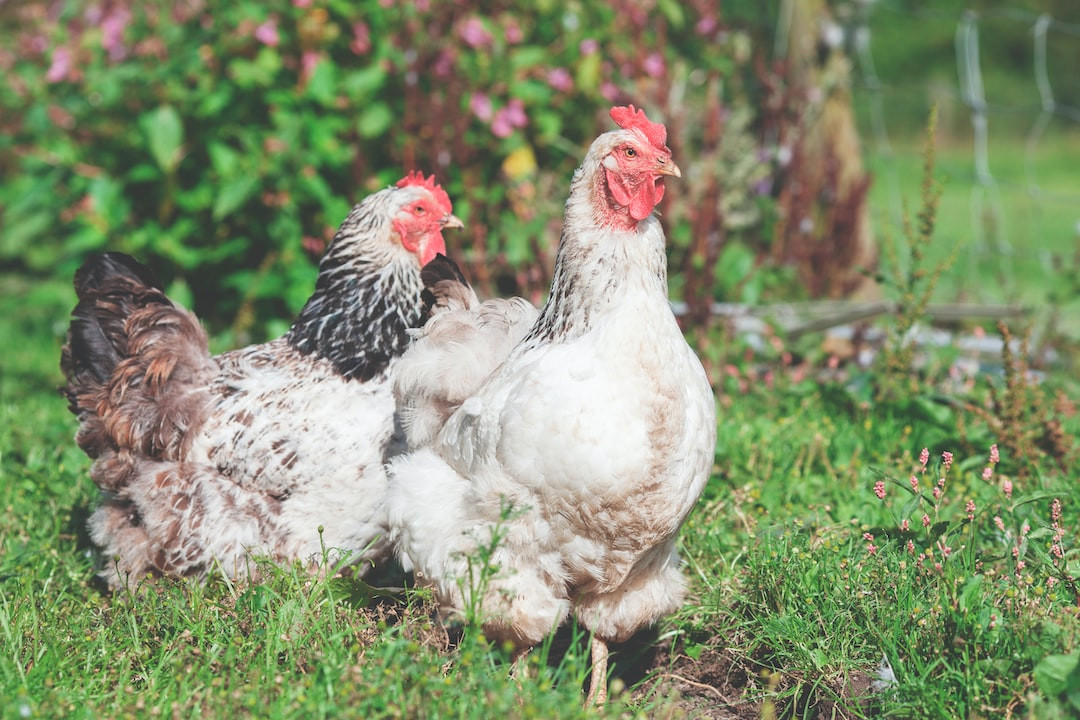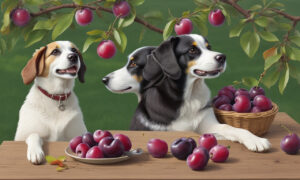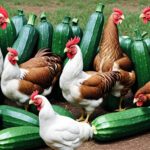The question of how chickens process waste may seem peculiar to many, but it unlocks fascinating details about avian biology that are worth exploring. Whether you’re a backyard chicken enthusiast, a student of zoology, or simply curious about the natural world, understanding the excretory system of chickens provides intriguing insights into how birds differ from mammals like us. So then, do chickens pee? Let’s delve into the peculiarities and science behind the ways chickens expel waste and demystify the processes that drive their bodily functions.
The Peculiar Plumbing: Explaining a Chicken’s Excretion
Avian physiology is a marvel of efficiency, and when it comes to the question, "Do chickens pee?" the answer lies in an understanding of their unique internal systems.
The Chicken’s Excretory Organ: The Cloaca
Chickens, like many birds, do not expel liquid urine as mammals do. Instead, they possess a multi-purpose organ called the cloaca, which serves as a single exit point for their digestive, urinary, and reproductive tracts.
Waste Processing in Birds vs. Mammals
- Birds: Combine their fecal and urinary waste into a single substance.
- Mammals: Have separate systems for liquid urine and solid feces.
Urates: The Bird’s Answer to Urine
One key way chickens differ from mammals in their excretion is the production of urates, semi-solid waste that includes nitrogenous waste. This is how chickens effectively "pee" without producing liquid urine.
The Nitrogenous Waste Conundrum
- Mammals: Convert nitrogenous waste into urea, expelled in liquid urine.
- Birds: Convert this waste mostly into uric acid, which is less toxic and conserves water—a precious resource for many birds.
Nutrient Recycling: Efficiency at Its Best
The elimination of waste is just one part of the chicken’s biology. Chickens are extraordinarily efficient when it comes to nutrient recycling.
The Role of the Gizzard
- The gizzard is an organ unique to birds, and it allows them to grind up their food effectively, maximizing nutrient absorption.
Benefits of Cecal Fermentation
- Chickens possess ceca, which ferment undigested food, helping to break down any remaining nutrients.
Digestive Collaboration for Optimal Health
By combining the mechanical breakdown of food in the gizzard with the biochemical fermentation in the ceca, chickens ensure they extract all possible nutrients from their food.
Unpacking Avian Diets: What Chickens Eat Matters
Chickens have diverse diets, and what they eat can have a direct impact on their excretory process.
The Chicken’s Omnivorous Palette
- They can consume grains, seeds, insects, and even small animals, which can affect the composition and consistency of their waste.
Diet’s Influence on Waste
- High-protein diets, for instance, lead to more nitrogenous waste, whereas a diet rich in greens can result in wetter droppings.
Inquisitive Farmer’s Queries: How Do I Spot Issues?
Understanding a chicken’s waste can also be critical for farmers and pet owners to discern the health of their flock.
Recognizing Healthy Droppings
- Healthy chicken waste is a combination of brown feces and white urates, with occasional clear liquid, reflecting a well-functioning system.
Signs of Potential Illness
- Changes in droppings, such as the presence of blood, unusually watery or extremely dry droppings, can be signs of health issues.
Marvels of Evolution: Adaptations for Survival
Examining avian excretion brings to light the remarkable evolutionary adaptations that have equipped chickens to survive across different environments.
Water Conservation Tactics
- Chickens and other birds conserve water through their efficient waste management, an advantage in arid habitats.
Adapting to Diverse Climates
Birds can thrive in various climates partly because of their ability to minimize water loss through their waste.
Cultural and Culinary Perspectives: Chickens in Human Society
Chickens have been part of human agriculture and cuisine for millennia, and their biological functions influence how we raise and feed them.
Sustainable Farming Influences
- Understanding their biology helps farmers implement sustainable practices that work in harmony with the natural functions of the chickens.
On the Plate: Considering Chicken as Food
- Knowledge of chicken physiology can also inform culinary practices, ensuring that chickens are raised healthily and humanely for consumption.
In Conclusion: Celebrating the Simplicity and Complexity of Chickens
Chickens are a staple in many diets and an integral part of global agriculture. The seemingly simple query, "Do chickens pee?" opens up a world of complexity that reveals the intricate workings of avian biology. By appreciating these efficient creatures, we can approach chicken farming and consumption with a deeper understanding and respect for the natural world.
The fascinating inquiry into whether chickens pee not only satisfies our curiosity but also enhances our agricultural and culinary relationships with these birds. By understanding their excretory system, we are better equipped to care for them and appreciate the nuances of their existence. From farm to table, chickens continue to play a crucial role in our lives, and their efficient and unique biology is a testament to the incredible variety of life on Earth.






